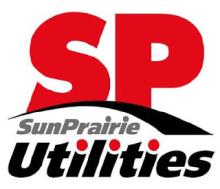Franklin, KY, Piloting FTTH
Franklin, Kentucky's Electric Plant Board is now offering Fiber-to-the-Home (FTTH) connectivity in limited areas of town through a pilot project. Franklin EPB wants to experiment with the possibility of bringing high-quality Internet access and VoIP to all its customers.
Businesses First, Now Residents
In 2013, Franklin EPB began serving local businesses after national providers refused to install fiber connectivity in local industrial parks. Community leaders in Franklin knew that retaining existing businesses and attracting new opportunities relied on fast, affordable, reliable connectivity and that giving up was not an option. The town already had experience with its own electric utility and chose to deploy and manage a municipal fiber network to spur economic development, improve connectivity for municipal facilities, and to enhance communication for EPB facilities.
A $1 million U.S. Department of Commerce Economic Development Administration grant combined with municipal bonds funded the initial deployment. The network encouraged a local establishment, Tractor Supply Company, to invest in a Franklin distribution center adding more than 330 jobs to the community.
Rural Kentucky Connecting
Approximately 8,400 people live in Franklin, which is located in central Kentucky along the southern border. Franklin is only about 90 minutes from Clarksville, Tennessee - another community with publicly owned fiber.
For now, residents in the pilot area can sign up for 100 Megabits per second (Mbps) download speeds for $50.00 per month. The pilot program page doesn’t describe them as symmetrical, but doesn’t list upload speeds. A gigabit option is not yet available but is listed as "to be determined." Installation is $49 and VoIP activation is $29.95.



